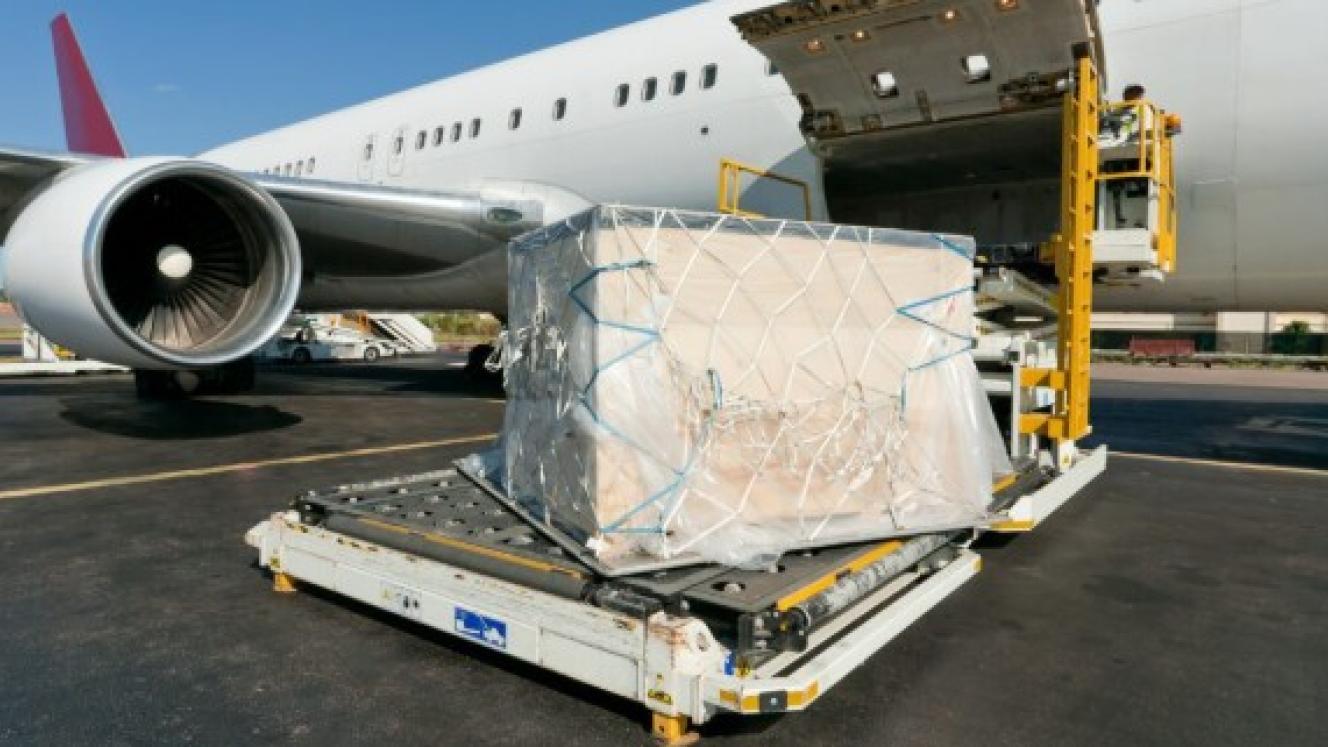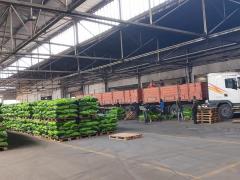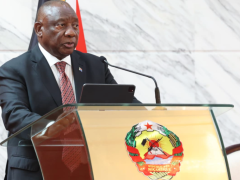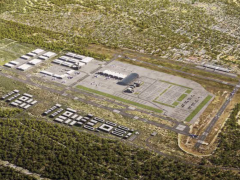The imports backlog at OR Tambo International Airport, which had flared up in October because of Port Health resource challenges and the failure by authorities to plan for the year-end spike in inbound cargo, has been cleared.
This was confirmed on October 5 in the latest Container Movement Update (CMU) compiled by the Southern African Association of Freight Forwarders (Saaff) and Business Unity SA.
Saaff’s head of Research and Development, Dr Jacob van Rensburg, said it had coordinated efforts by private-sector industry stakeholders and representatives from the Border Management Authority (BMA) to clear the backlog.
On Tuesday this week, Saaff CEO Dr Juanita Maree said the backlog should take at least five days to clear – a target met well in advance, it seems from Wednesday’s CMU.
Maree had said that part of the problem was the non-allocation of additional funds by National Treasury to address throughput challenges stemming from an increase in trade.
Earlier, at the height of the uncleared cargo build-up, BMA deputy assistant commissioner of Communications and Marketing, Mmemme Mogotsi, indicated that resolving the resource problems were contingent on additional financing by Treasury.
It appears from the most recent CMU that, had it not been for decisive intervention by the likes of Saaff and the South African Express Parcel Association, the backlog might not have been cleared.
It’s not the first time that OR Tambo, a hub airport for the redistribution of exports into the sub-Saharan region, has experienced cargo processing problems ahead of Black Friday and the festive season.
On Tuesday, Maree said it was important to come up with longer-term strategies to avoid a recurrence of the past few weeks’ delays.
This was also highlighted by Leon Bruwer, FedEx managing director for sales in sub-Saharan Africa.
He said region-related airfreight advancement had to be predicated on meeting demands for hub growth at OR Tambo.
Solving the most recent BMA backlog was hailed by Van Rensburg as “a positive outcome”.
He said it demonstrated what could be achieved with focused resourcing and active collaboration.
“However, to prevent recurrence, the clearance process requires a more robust, predictable, and digitally enabled operating structure.”
He stressed that “air cargo consignments are time sensitive by definition, and clearances should consistently be completed within 12 hours”.
In the event of unforeseen delays, these should not take longer than 24 hours, he said, emphasizing the importance of maintaining supply-chain reliability.
“In the interim, the industry will continue to bear the cost of additional weekend capacity, estimated at R700 000 through to March 2026,” said Van Rensburg.
“A formal performance monitoring mechanism – with a transparent single source of throughput data – is required to ensure the efficiency and accountability of these interventions as we advance.”
The CMU, more specifically, said that avoiding another import crisis would require long-term performance, secured by embedding stable, transparent and interoperable clearance processes.
It added that Port Health collaboration had improved flow-through times, however resilience and digital traceability must now follow.
Looking beyond OR Tambo at the country’s wider logistics network, the CMU said: “Port and rail operational performance remains uneven, making sustained reform and operational accountability critical to unlocking growth.
“South Africa’s trade competitiveness will increasingly rely on the reliability of logistics execution rather than solely on policy commitments.”













